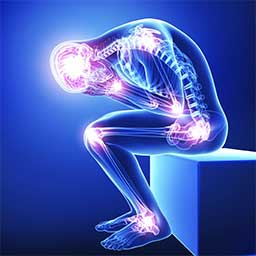Myth #11: When you don't like the smell of an oil it means your body needs that oil
Our bodies generally tell us when we need something or should stay away from something, especially when it has to do with things that can harm us. In fact, the ability to smell was probably among the most valuable of senses to early humans and those who had a good nose along with the intelligence to listen to their nose had a competitive advantage for survival over those who lacked such ability. The ability to smell and know when a plant is poisonous or when food was spoiled would have been paramount to survival in early humanity. To say that if you don't like the smell of something it means your body needs it is basically saying that the built in protective system that God gave us (our ability to to smell and recognize odors) is flawed and the opposite of what it should be. Of course the converse to this is not always true, we can be conditioned to like things that are not good for us, usually because man has used chemistry to manipulate odors in his favor, such as adding synthetic flavor and odor enhancers (synthetic versions of things found in nature) to fast food that is not so good for us. But when our bodies are telling us to stay away from something we should generally listen.
We should also all remember that sometimes we might not like an oil initially just because its different and something we haven't smelled before, but with more experience we end up loving an oil. Some oils, like wine or beer are an acquired taste. When I first smelled Roman chamomile I hated it, but now its one of my favorites. Apparently I was not ready for it when I first smelled it. When our bodies are ready to accept things it will generally let us know. But there is nothing to be lost by listening to our bodies when it tells us to stay away from something, give it time and if it changes then fine but if its a permanent adverse reaction we should not try to force things.

